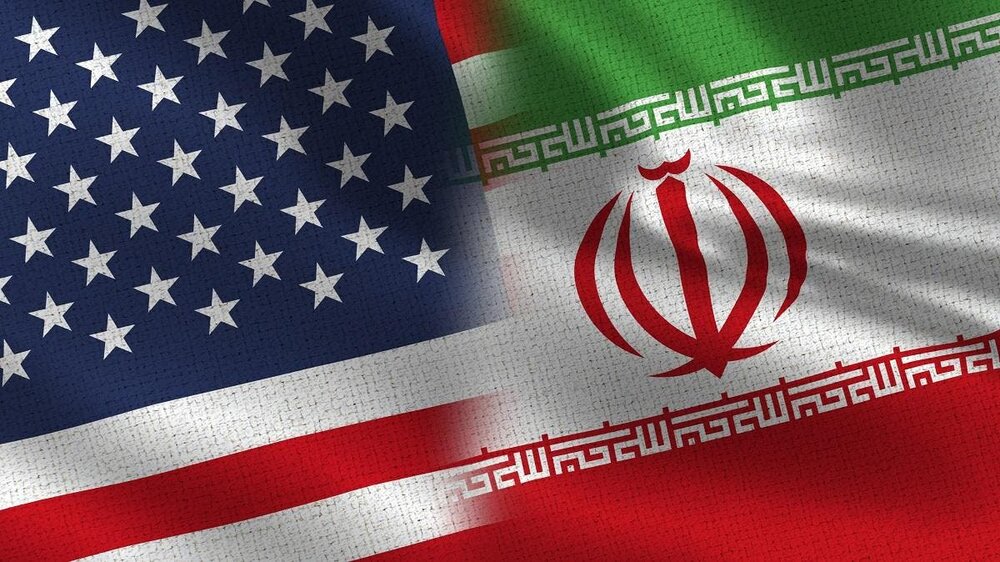American miscalculation and Iran’s upper hand

"The policy of escalating tension to reduce tension" is a wrong policy that United States usually adopts toward Iran.
Such a policy usually leads to the sacrifice of a third party, without a victory for America. This wrong policy is clearly visible in Syria, Afghanistan and Ukraine.
Transatlantic policies
Negotiations between Iran, the European trio (France, Britain, and Germany or E3) Russia and China to revive the 2015 nuclear deal were proceeding. However, the talks stalemated as the U.S. was not showing serious will to put the deal, officially known as the JCPOA, on the right track.
Amid the stalemate, the U.S. and the E3 triggered a resolution against Iran at the International Atomic Energy Agency Board of Governors. China and Russia opposed the resolution. The resolution, which won 26 votes in favor in the 35-member board, claimed that Iran was not cooperating with the IAEA on the sources of uranium particles found at what it called three undeclared sites.
Iran has been saying such claims of uranium traces are unsubstantiated that are being invented by Israel. Yet prior to the adoption of the resolution, Iran had announced that it was ready to hold talks with the IAEA on such claims to clear up misunderstandings.
The U.S. and the E3 pushed for the approval of the resolution despite the fact that they were still eying on a resumption of talks to revive the tattered nuclear deal.
The Western parties suffered from the illusion that Tehran will bow to pressure by the ratification of the resolution. However, Iran reacted strongly by increasing the level of uranium enrichment to a purity of 60% in Fordow, a site that under the JCPOA was only for nuclear research studies.
Although the dominant view is that the E3 and the U.S. cooperatively drafted the resolution and pressed their allies on the IAEA board to vote for it, it was in fact the E3 and the larger European Union that were the main losers.
Washington deceived the E3, but American officials themselves were cheated by the anti-Islamic Republic groups that are mostly based in Europe and North America. These groups were telling the White House and its European allies that Iran was grappling with the unrest at home and now is the right time to put more pressure on Tehran.
However, the pressures backfired. If the United States had imagined that Iran would react so strongly, it might never have pushed for the resolution.
Iran now has the upper hand
It can be deduced from the statements of the architects of the resolution that they did not expect such a strong countermeasure by Iran and are now worried about the possible death of diplomacy with Iran.
The U.S.-inspired resolution at the IAEA board can be compared to Donald Trump's unilateral move in quitting the JCPOA, which in the end dealt a blow to Europeans whose companies were deprived of the 85-million Iranian market and finally were forced to leave the scene in favor of competitors. The efforts of European countries after the withdrawal of the United States from the JCPOA were a proof that they were not happy with Trump’s reckless abrogation of the hard-won nuclear deal.
There are other examples that the Europeans have been deceived by the Americans. This can be noticed in the war between Russia and Ukraine. As the U.S. is fanning the flames of the war, the Europeans are paying more and more. The unprecedented inflation rate in the recent decades, sluggish economies and protest rallies in European citizens have ensued the Ukraine war.
In his 2019 book In Defense of Open Society, George Soros states: "In recent weeks, not only Europe but the whole world has been shocked by Trump's actions. He unilaterally withdrew from the nuclear agreement with Iran came out, discrediting the transatlantic alliance. This event will put double and unpredictable pressure on Europe - which is already beset with many troubles. To say that Europe is in existential danger is just a metaphor. It is not, it is a harsh reality".
Iran's installation of IR6 centrifuges after the adoption of the resolution will both advance Iran's nuclear technology and lay the groundwork for a significant increase in Iran's nuclear capacity. And again the U.S. and the E3 failed to restrain Iran. In the end, this move will surely give Iran an upper hand in possible future negotiations.
Leave a Comment